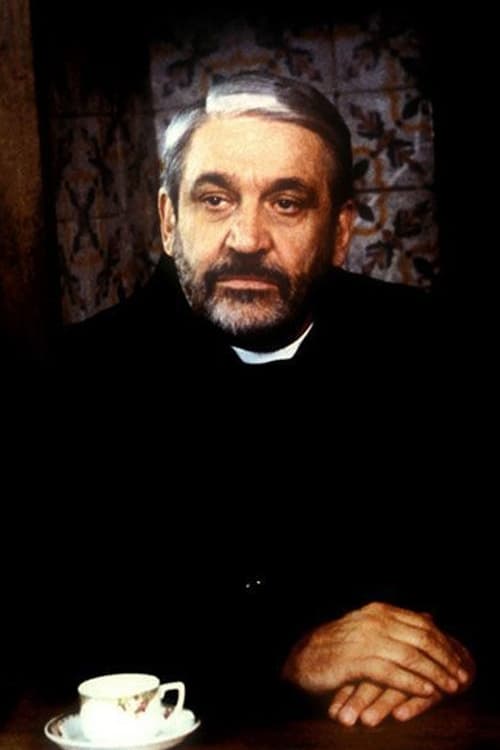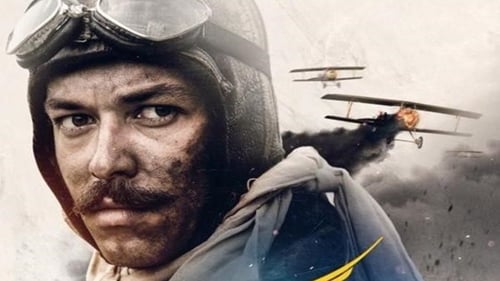Maître Galip (1964)
documentary short
Gênero : Documentário
Runtime : 11M
Director : Maurice Pialat
Sinopse
Maître Galip is the most poetic and powerful of Pialat's Turkish Chronicles, using the poems of Nazim Hikmet to accompany a series of evocative images of ordinary working class people in Istanbul. This was the film that Pialat himself claimed was the most complete realization of what he was aiming for with his Turkish documentaries. It's not difficult to see why this was his favorite: here he abandons the historical commentary and documentary observation of the other shorts in favor of an emotional emphasis on the lives of the poor and the unemployed.A short doc by Maurice Pialat.

Atletas de elite, dirigentes e ativistas refletem sobre os Jogos Paralímpicos e o seu impacto global na forma como vemos a deficiência, diversidade e excelência.

The life of a female weaver is thrown onto the socio-political canvas of pre-war and post-war communist Poland through the use of expressive allegorical and symbolic imagery in this imaginative take on the documentary form.
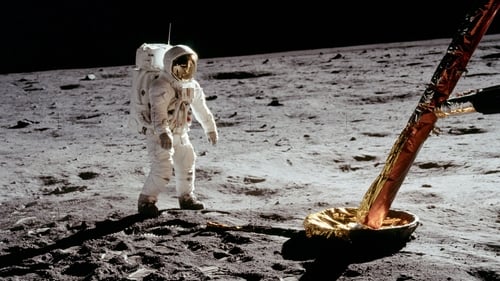
Com o plano de desembarcar dois astronautas na superfície lunar e regressar para a Terra em segurança, a missão Apollo 11 é até hoje uma grande referência quando se trata de momentos importantes na humanidade. Durante décadas, trechos dos bastidores permaneceram guardados e apenas recentemente foram liberados para visualização do público no geral.

After 52 years of armed conflict the FARC guerrillas are about to hand over their arms in exchange for political participation and social inclusion of the poor. Ernesto is one of them. The much celebrated Colombian peace agreement throws Ernesto and the polarised society around him into chaos in which everyone is afraid of the future and their own survival.
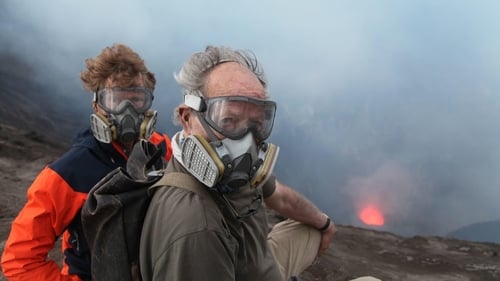
Werner Herzog e o vulcanólogo Clive Oppenheimer embarcam em uma jornada global para explorar alguns dos vulcões mais míticos do mundo na Indonésia, Etiópia, Islândia e Coreia do Norte. Falando com os cientistas e os povos indígenas, eles buscam entender a relação complexa e profundamente enraizada entre a humanidade e uma das maiores maravilhas da natureza. O documentário combina reportagem, história e filosofia em uma experiência cinematográfica fascinante.
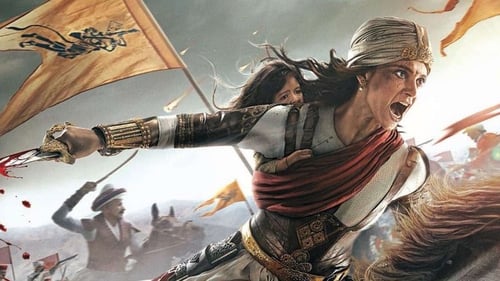
Manikarnika – A Rainha de Jhansi, também conhecido como "Lakshmi Bai of Jhansi", é a verdadeira história de vida da primeira mulher a combater os britânicos na luta pela independência.
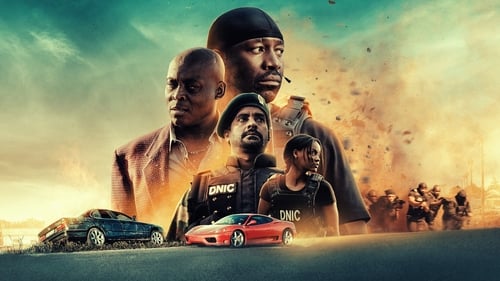
Dois policiais, dois irmãos. Um quer justiça, o outro vingança. Eles podem se matar antes de capturar os bandidos.
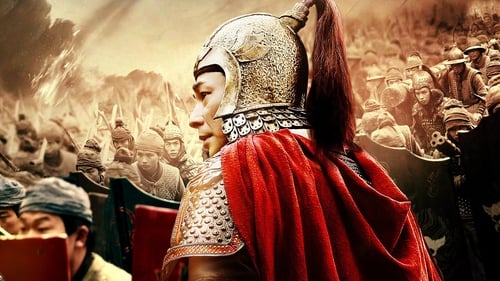
Durante o século 16, os piratas japoneses proliferam ao longo da costa chinesa. Em 1557, os piratas assumem Cengang em Zhejiang. Após meses de avanços fúteis, o Comandante Yu (Sammo Hung) finalmente os derrota sob a liderança do recém-promovido General Qi (Vincent Zhao). Os piratas, no entanto, conseguem escapar. Em 1561, os piratas se reagrupam e mais uma vez atacam as cidades costeiras da China.
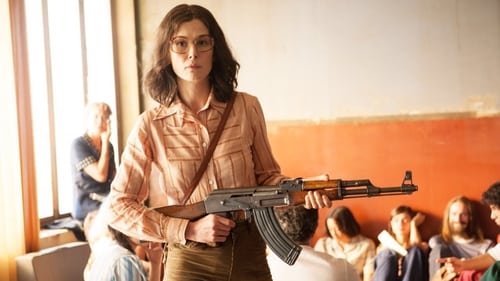
Em julho de 1976, um voo da Air France de Tel-Aviv à Paris foi sequestrado e forçado a pousar em Entebbe, na Uganda. Os passageiros judeus foram mantidos reféns para ser negociada a liberação dos terroristas e anarquistas palestinos presos em Israel, na Alemanha e na Suécia. Sob pressão, o governo israelita decidiu organizar uma operação de resgate atacar o campo de pouso e soltar os reféns.
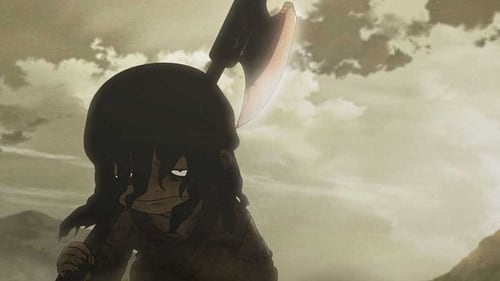
Baseado em um mangá de George Akiyama, serializada na Weekly Shounen Magazine. O anime recebeu uma estréia mundial no Annecy International Animated Film Festival em 2012. A estréia japonesa ocorreu em 29 de setembro de 2012. No século 15 em Kyoto, no sopé de um templo destruído, um animal nasce no fogo e destruição. Mergulhados em uma época de guerra, caos e fome, a vida o ensinou a comer carne humana para sobreviver e a loucura deu à luz a ele, ele é uma criança canibal bestial, chamado Asura, nome do espírito budista guerreiro, ou anti-Deus. Órfão ainda criança Asura cresce para se tornar uma pequena máquina assassina de matar e comer tudo em seu caminho, até que ele conhece uma linda garota da aldeia, Wakasa. Wakasa o alimenta, ensina a falar, e trabalha para transformá-lo em um ser humano.
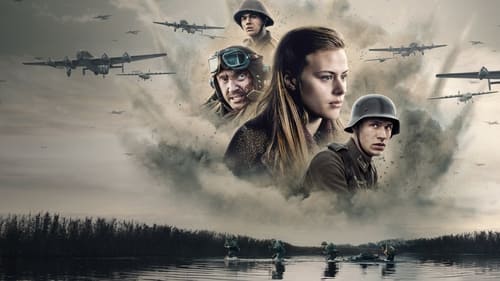
Durante a Segunda Guerra, na crucial Batalha do Rio Escalda, três vidas bem diferentes se cruzam. Veja a batalha sob suas perspectivas.
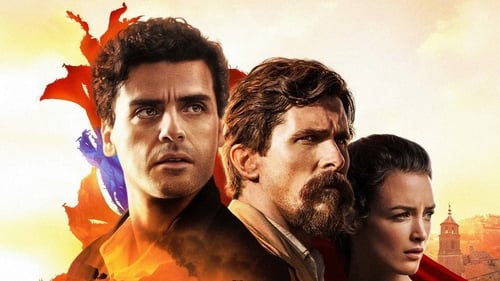
Um triângulo amoroso surge em meio aos últimos dias do Império Otomano. Durante estes dias turbulentos, Michael (Oscar Isaac), um estudante de medicina excepcional, e Chris (Christian Bale), um renomado jornalista americano vão disputar o amor da bela Ana (Charlotte Le Bon).
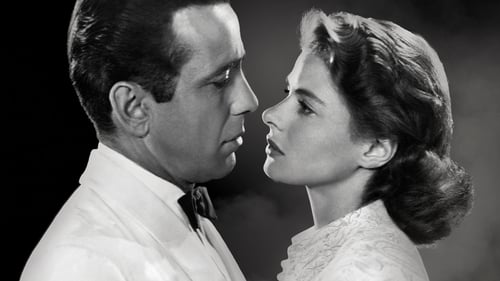
Durante a Segunda Guerra Mundial, muitos fugitivos tentavam escapar dos nazistas por uma rota que passava pela cidade de Casablanca. O exilado americano Rick Blaine encontrou refúgio na cidade, dirigindo uma das principais casas noturnas da região. Clandestinamente, tentando despistar o Capitão Renault, ele ajuda refugiados, possibilitando que eles fujam para os Estados Unidos. Quando um casal pede sua ajuda para deixar o país, ele reencontra uma grande paixão do passado, a bela Ilsa. Este amor vai encontrar uma nova vida e eles vão lutar para fugir juntos.

Dois adolescentes viajam em uma máquina do tempo para fazer uma pesquisa escolar e evitar o fim de sua banda. Na viagem, eles conhecem personalidades históricas que vão ajudá-los a escapar da reprovação.

Irving Rosenfeld é um grande trapaceiro, que trabalha junto da sócia e amante Sydney Prosser. Os dois são forçados a colaborar com Richie DiMaso, um agente do FBI que infiltra Rosenfeld no mundo da máfia. Ao mesmo tempo, o trio também se envolve na política do país, através do candidato Carmine Polito. Os planos parecem dar certo, até a esposa de Irving, Rosalyn, aparecer e mudar as regras do jogo.

Uma equipa de seis operacionais de segurança americanos lutou para expulsar os atacantes e proteger os americanos sediados no local. Estes homens foram muito além dos seus deveres, realizando extraordinários atos de coragem e heroísmo, para evitar uma tragédia em larga escala. Esta é a história, nunca antes contada, do que verdadeiramente aconteceu durante as 13 horas de ataque.
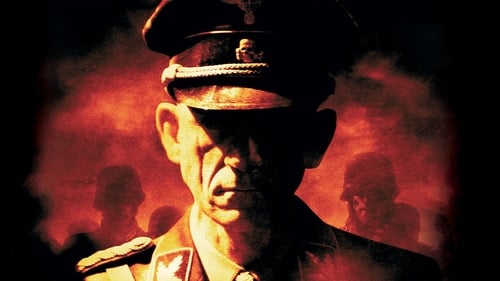
O ano é 1945, 2ª Guerra Mundial, e um cientista alemão de nome Klausener está trabalhando em uma tecnologia nova e assustadora que tem o poder de criar um exército nazista imortal. Apenas Helena, uma investigadora, aceita a realidade de que eles estão enfrentando um batalhão de nazistas zumbis. Com a ajuda de Wallace, um homem que foi perseguindo segredos nazistas durante anos, Helena se une com uma Unidade de Forças Especiais para se aventurarem atrás das linhas inimigas.
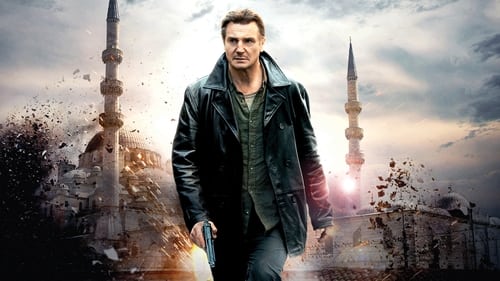
Na sequela de um dos filmes de maior sucesso, Bryan Mills e sua filha Kim encontrarão desta vez problemas em Istambul. Quando Mills descobre que sua ex-mulher Lenore está a divorciar-se do actual companheiro, decide convidá-la e a Kim para se juntar a ele em Istambul no que promete ser um fim de semana perfeito para reconquistar o coração de Lenore. Quando Bryan e Lenore são raptados, Kim consegue escapar e a perseguição começa.
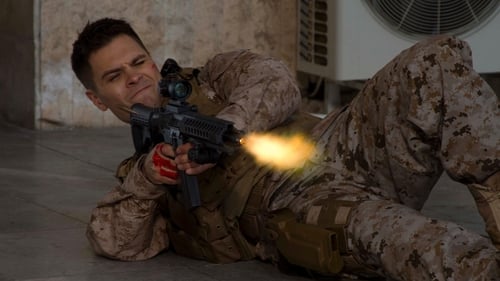
Evan Albright (Charlie Weber) se junta ao grupo de elite do Corpo de Guardas de Segurança da Marinha em busca de salvar o mundo e ver um pouco mais de ação. Porém, sua primeira missão é proteger uma embaixada norte-america em uma capital do Oriente Médio que aparentemente é segura, fazendo a unidade passar tempo com pequenos grupos de revolta e jogos de mira. Albright e seu time são pegos de surpresa quando militares bem armados e treinados fazem um ataque surpresa.

A fascinating compilation of scenes showing diversity and disparity in 1940s China. The ancient Forbidden City and Great Wall are followed by Shanghai’s metropolitan skyline; primitive farming methods are juxtaposed with mechanised factories; children in rags are contrasted with models wearing the latest fashions; Nationalist commanders and Communist leaders vie for support.

An early comedic short by Maurice Pialat.

Short doc by Maurice Pialat. The first film in the series set at Turkey, Bosphore, is also the only one that was shot in color.

Two men are disappointed by women and united by a whore

Byzance uses a text by Stefan Zweig to describe the Ottoman conquest of the city in 1453. Before he turned to feature filmmaking in 1968 with Naked Childhood, Pialat worked on a series of short films, many of them financed by French television. Byzance is one of Pialat’s six Turkish shorts.

La Corne d'or is mostly concerned with religious ritual, examining the mosque (and former cathedral) discussed in Byzance. As a contrast against Istanbul's status as a center of historical religious conflict, Pialat — drawing here on texts by the French poet Gérard de Nerval — also describes the city as a place of strange ethnic and religious harmony, with representatives of various cultures and religions living in close contact. He emphasizes the city's hybrid culture, its blend of Southern European and Arab influences, reflected in both its people and its very construction.

Impressive sound design, non-linear editing, great ‘expressionistic’ locations and b&w cinematography, this is an experimental piece for Pialat, a psychological/gothic thriller of sorts...

Pehlivan focuses on a three-day wrestling competition, an ancient tradition that dates back over a thousand years to the time of the Ottoman Empire, originating in the games the soldiers would play to entertain themselves in between battles. Maybe that's why there's more than a hint of homoeroticism in the way the wrestlers oil themselves up with grease, making sure to cover every inch of their bodies so that their opponents will be unable to get a grip. Pialat's closeups emphasize the men's muscular bodies jammed together and sliding off one another, posed in intimate, twisted arrangements, struggling desperately for a grip on each other's bodies. Arms are jammed down pants, one of the only places there's some potential for a handhold, and the whole thing is very suggestive and sensual, a form of intimate male contact that's sanctioned as a show of strength and masculinity.

All of Pialat's Turkish films are uniquely interested in the country — especially Istanbul — as it was, not just as it is at the precise moment that Pialat is filming it. History informs these films in a big way, with the voiceover narration (which incorporates excerpts from various authors) introducing tension between the images of the modern-day city and the descriptions of incidents from its long and rich history. Istanbul is probably the most conventional documentary of Pialat's Turkish series, providing a general profile of the titular city, its different neighborhoods, and the different cultures and ways of living that coexist within its sprawling borders. As the other films in the series also suggest, Pialat sees Turkey, and Istanbul in particular, as a junction point between Europe and the East, between the old and the new, between history and modernity.

Shot by Methodist missionaries, this is an incredibly charming record of small-town life in an unidentified location in China. We see a bustling wharf town with canal-side dwellings, distinctive school buildings, and a hospital where newly graduated nurses pose for a group portrait. The relaxed smiles of Chinese and Europeans are captured in intimate close-ups, suggesting a tight-knit community.
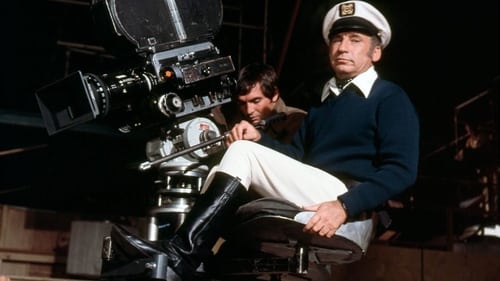
Aspiring filmmakers Mel Funn, Marty Eggs and Dom Bell go to a financially troubled studio with an idea for a silent movie. In an effort to make the movie more marketable, they attempt to recruit a number of big name stars to appear, while the studio's creditors attempt to thwart them.


